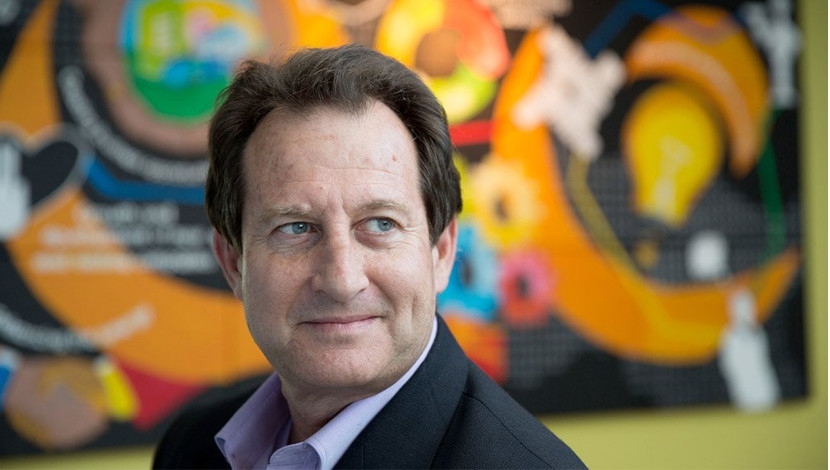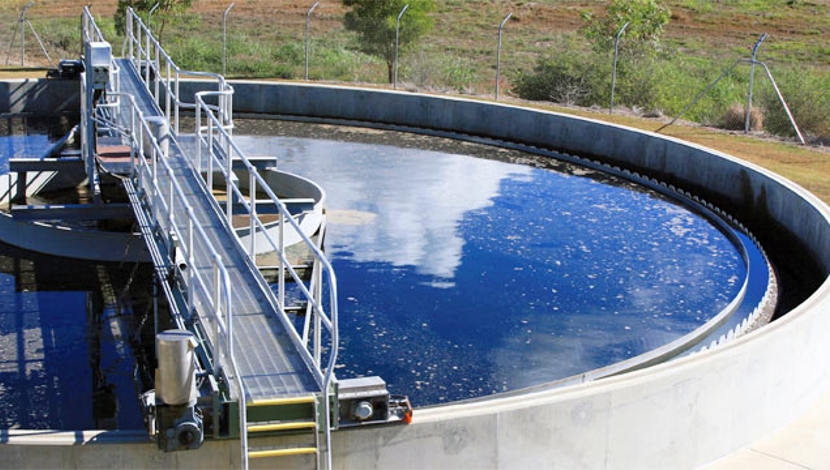

South African rocket scientist Andre Nelhas been shortlisted as a finalist in the UK’s Royal Academy of EngineeringAfrica Prize for EngineeringInnovation.
Nel invented a hybrid, solar microgrid solution, the GreenTower Microgrid, which uses 90% less energy to heat water.
A single unit of the GreenTower Microgrid packaged in insulated recycled shipping containers can service 15 homes, and reduce a community’s electricity demand by 65%, considerably easing the pressure on the national power grid.
Another finalist, systems engineer Godwin Benson, from Nigeria, developed Tuteria, an online platform that links students to qualified tutors. Users can find tutors within their budget and location to teach them “to play the piano, sew clothes, learn a new language and more”. Tutors also cover a range of academic subjects for a range of ages.
A Ugandan innovation, the Yaaka Digital Learning Network, also aims to bring education to those who cannot physically access learning institutions. Developed by Africa Prize finalist Hindu Nabulumba and her team, Yaaka is designed like an interactive social network, where teachers and students can share knowledge and materials.
Addressing water challenges, finalist Kelvin Gacheru’s innovation is Mobi-Water, a smart solar-powered water monitoring system.
In Kenya, where 40% of urban and 60% of rural residents lack access to a safe and reliable water source, the water resource engineer designed the Mobi-Watersystem to enable water tank owners to monitor and control the water levels in their tanks from any location using their mobile phones.
The winner of the Africa Prize for EngineeringInnovation will be announced on May 23 and will receive £25 000. Each of the runners-up will receive £10 000.
Meanwhile, two other South Africans made it into the top 16 of the competition – James van der Walt with his Solar Turtle mobile power station that provides instant electrification whenever needed; and Dr Wilfred Fritz, who designed the Water&Solar100 lightweight portable solar-cooker that tracks the sun automatically, has temperature and timing controls and generates electricity to charge batteries.





